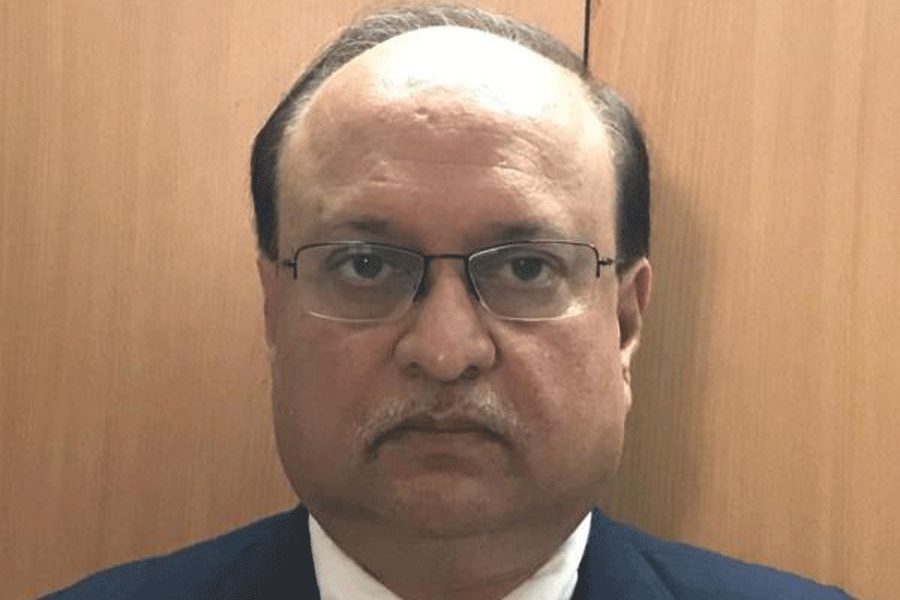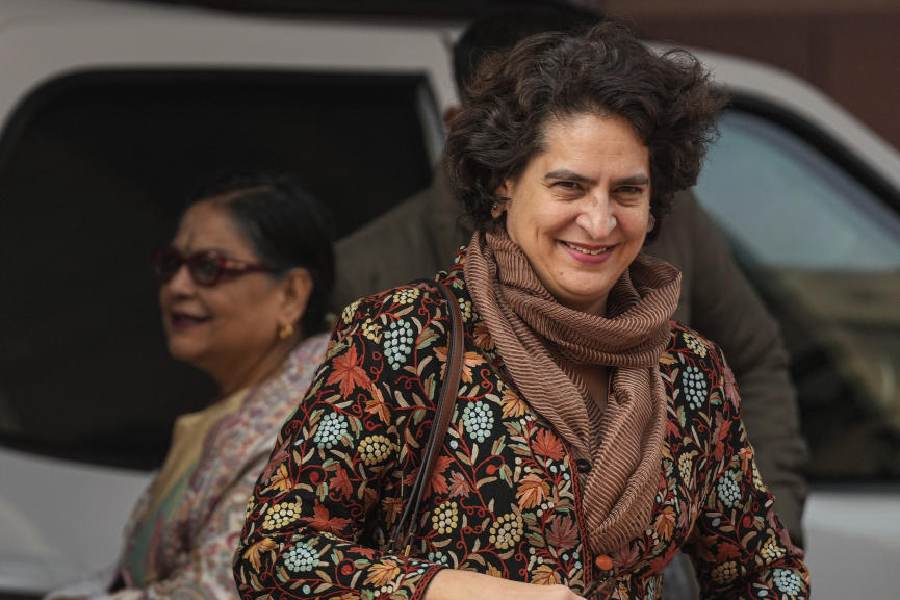In a move to reduce the delay and low recovery in bankruptcy proceedings, the Insolvency and Bankruptcy Board of India (IBBI) chairman Ravi Mital on Saturday asked stakeholders for suggestions that can be incorporated in the policy.
Mital said the insolvency and bankruptcy code (IBC) has evolved over the years and NCLT has been approving over 35 resolutions a month, reducing delays.
“Major objectives of the IBC are not only recovery but also revival and rehabilitation. It was always thought of as a resolution mechanism and not a recovery mechanism,” Mital said while addressing Assocham’s 8th National Summit on ‘Insolvency and Bankruptcy Code and Valuation’.
“The motto was to bring the company back on track. However, IBC is evaluated based on the recovery mode,” he added.
Addressing the concerns raised by other speakers on delays and low recoveries by the IBC, Mital said, “We are trying to speed up the process and are open to suggestions from stakeholders. The direct benefit of the IBC is recovery, but you know the indirect benefit is even bigger and it is called a behavioural change. It is called the change in creditor and borrower relationship.
Last year the National Company Law Tribunal (NCLT) approved the maximum number of resolution plans, 180, and recovery was 36 per cent, he said, adding that the average recovery was 32 per cent over the last 6-7 years.
The IBC, he said, has helped in recovering over Rs 12 lakh crore since 2017.
“We have to be more innovative to reduce delays. Of course, there is a need for an amendment. If we reduce delay then the recovery will be better. Now the NCLT is approving 35 plans a month and at this rate, and if it can continue it will definitely reduce delay to a large extent,” the IBBI chairman added.
Delays usually happen during the time of approval of the restoration plan when around 30-40 interim applications are filed, he said.
“We are trying to find out or analyse the cause of delays at various levels and are trying to speed up the processes,” he added.











